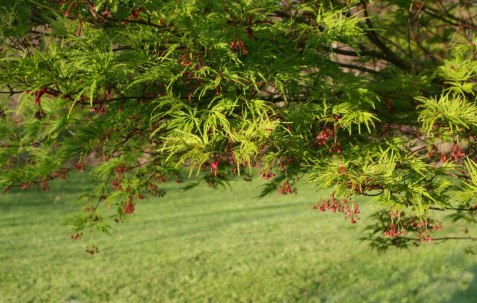Next week, on May 5th, I’ll be the featured poet for the River Poets of Bloomsburg, PA (info here and here). Bloomsburg is situated along the Susquehanna River, and the region will be beautiful in early May.
Linda Dietrichson, the MC for this event, has posed a theme for the poet (me) to consider when choosing poems to read and to follow up in a Q&A with the audience. The theme is “Questioning.” At first, I read the word as questing–the mythic journey toward some remotely-attainable goal. But question’s etymology offers a varying perspective:

Quest (n): early 14c., “a search for something.”
This searching comes to Westerners mostly via chivalry’s poems and Arthurian legends, derived from “Old French queste ‘search, quest, chase, hunt, pursuit; inquest, inquiry’ (12c., Modern French quête), properly ‘the act of seeking,’ and directly from Medieval Latin questa ‘search, inquiry,'” according to the Online Etymology Dictionary.
Question, the noun, derives from “Latin quaestionem (nominative quaestio) ‘a seeking, a questioning, inquiry, examining, judicial investigation,’… early 13c., ‘philosophical or theological problem'” with even a suggestion of interrogation (or torture!).*
These definitions overlap in some areas; but the word-basis does differ in the Latin. The act of seeking tends to connote search for an object–a physical search for a physical something–whereas inquiry and examination (yes, even torture) suggest that the “question” has a rhetorical object: the abstract or metaphysical aim (never an answer!) that’s more contentious and usually more ambiguous.
Questioning offers interrogation toward the unknowable, and that is poetry’s territory.
So this is where I begin next Thursday evening’s reading: with the unknowable. Who knows where we’ll go from there?
~~
*(see the site Online Etymology Dictionary for further brief origins–or any OED).
[…] administrators understand how often it is lacking. Most of all, we need not to shy from asking the Hard Questions, those life-and-death ethics questions. Not for the sake of answers, but for the sake of discourse […]
LikeLike
[…] prompt of questioning, and recent reading on ethics, have led me to pose for myself a framework for poems that walk […]
LikeLike
[…] compared with some of the more speculative and abstract poems I read in response to the “questioning” […]
LikeLike